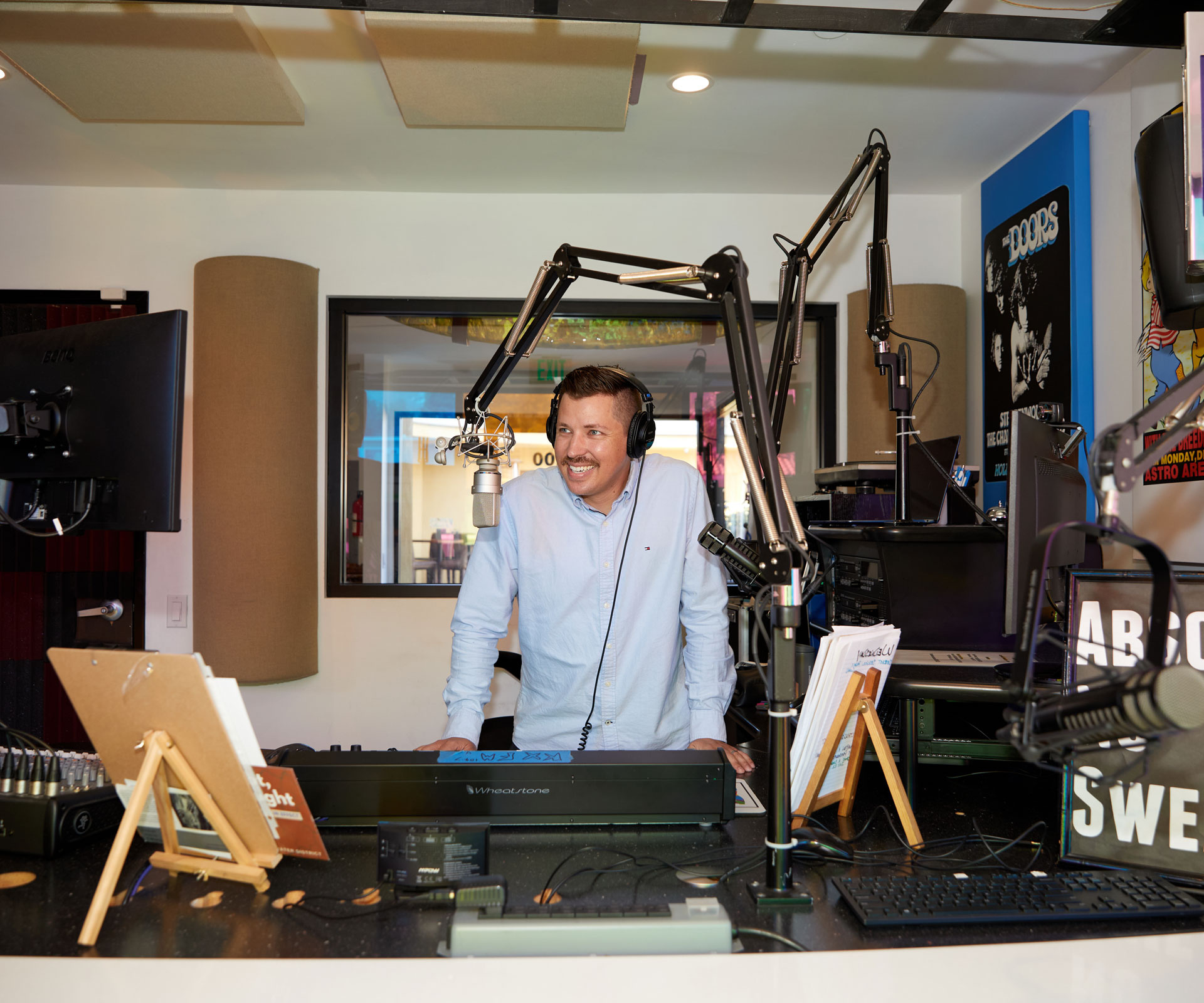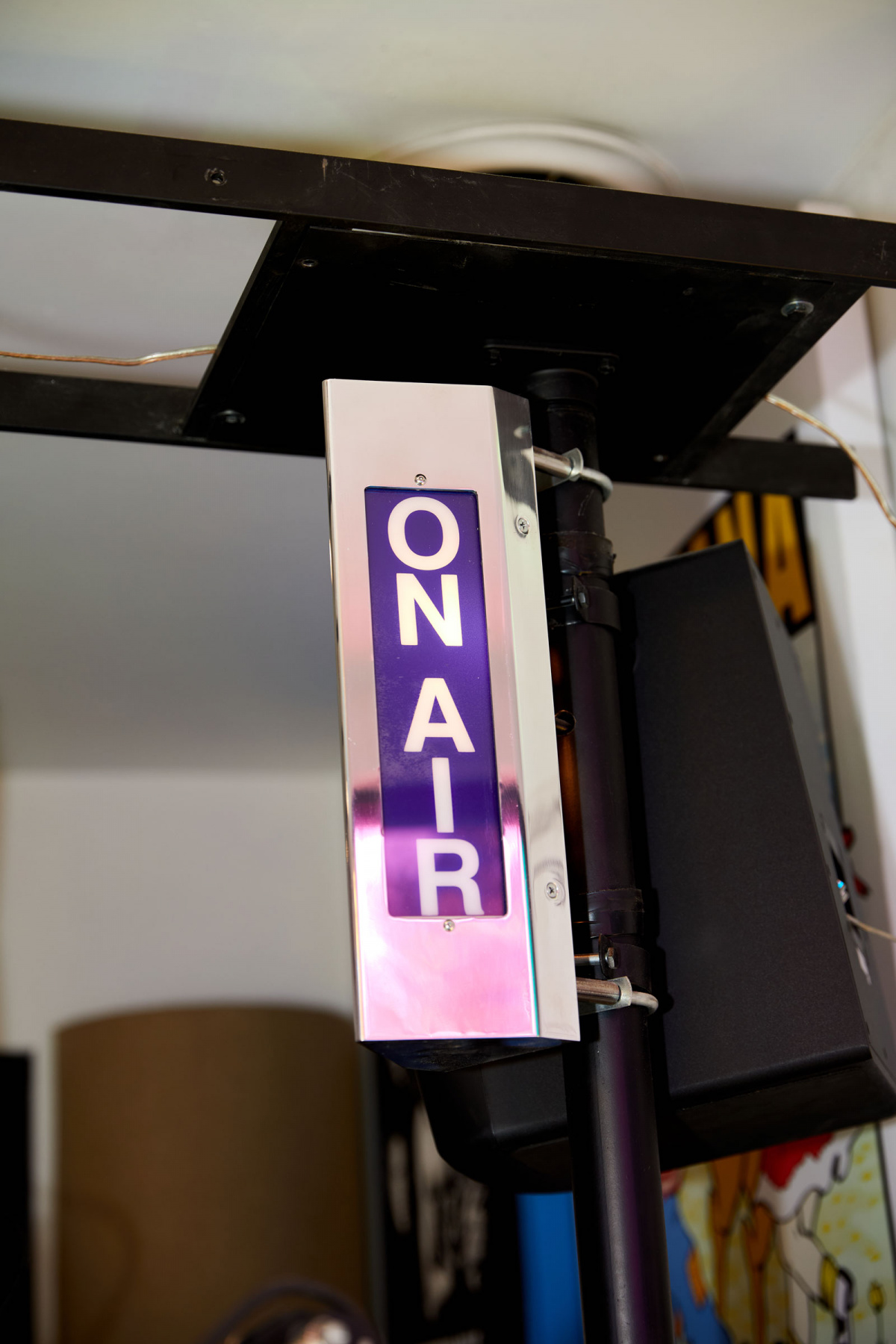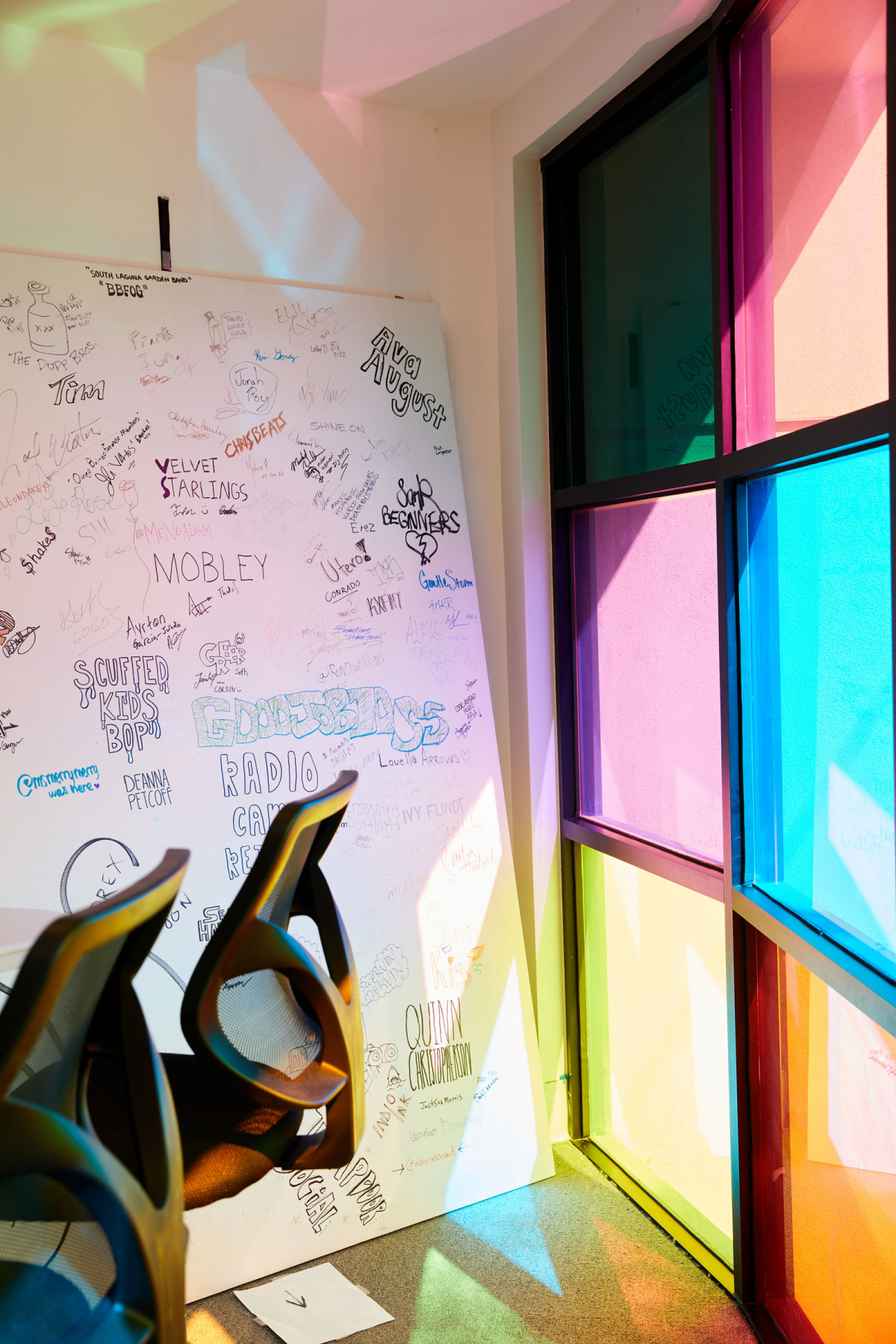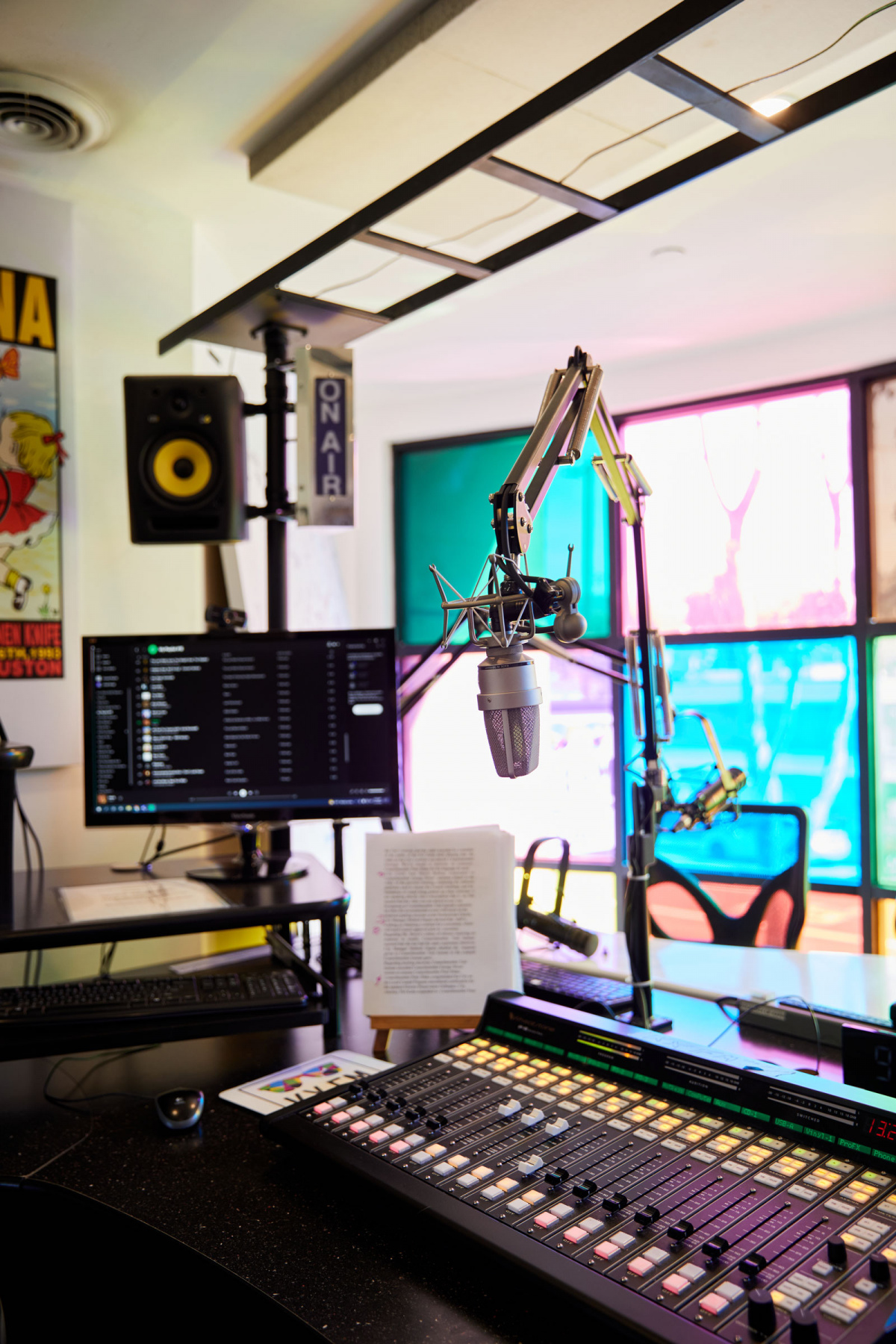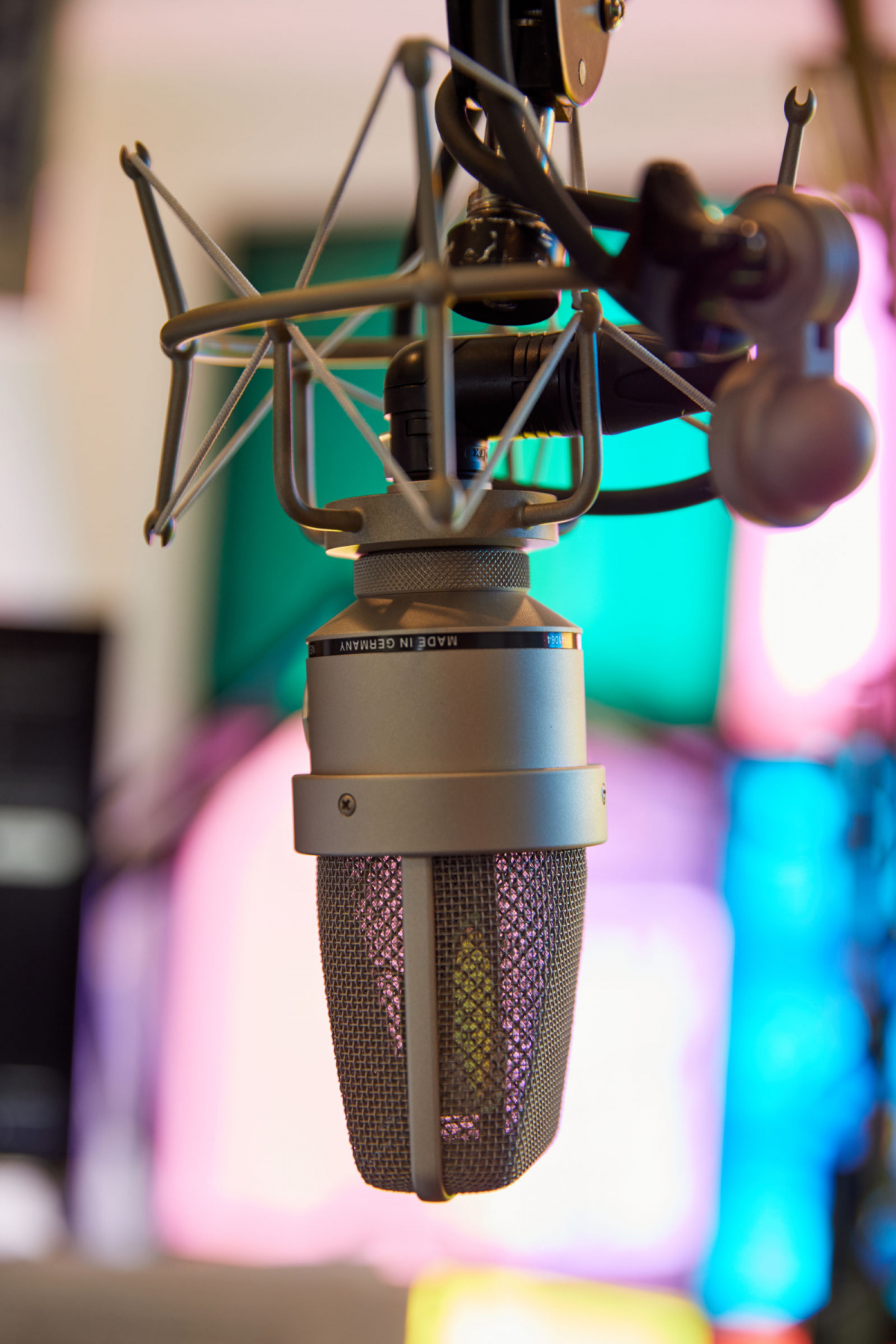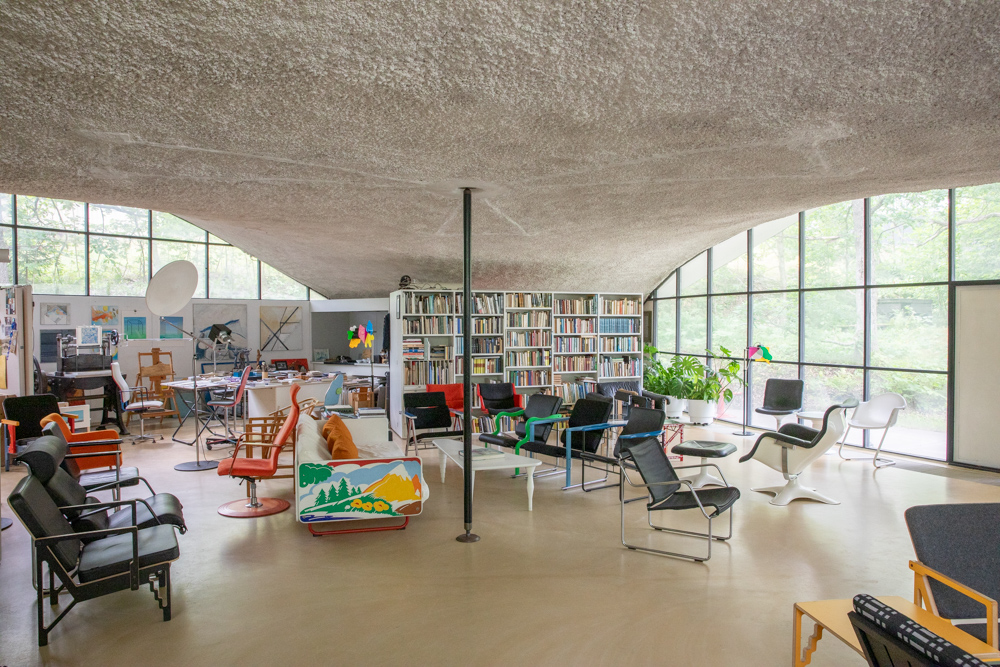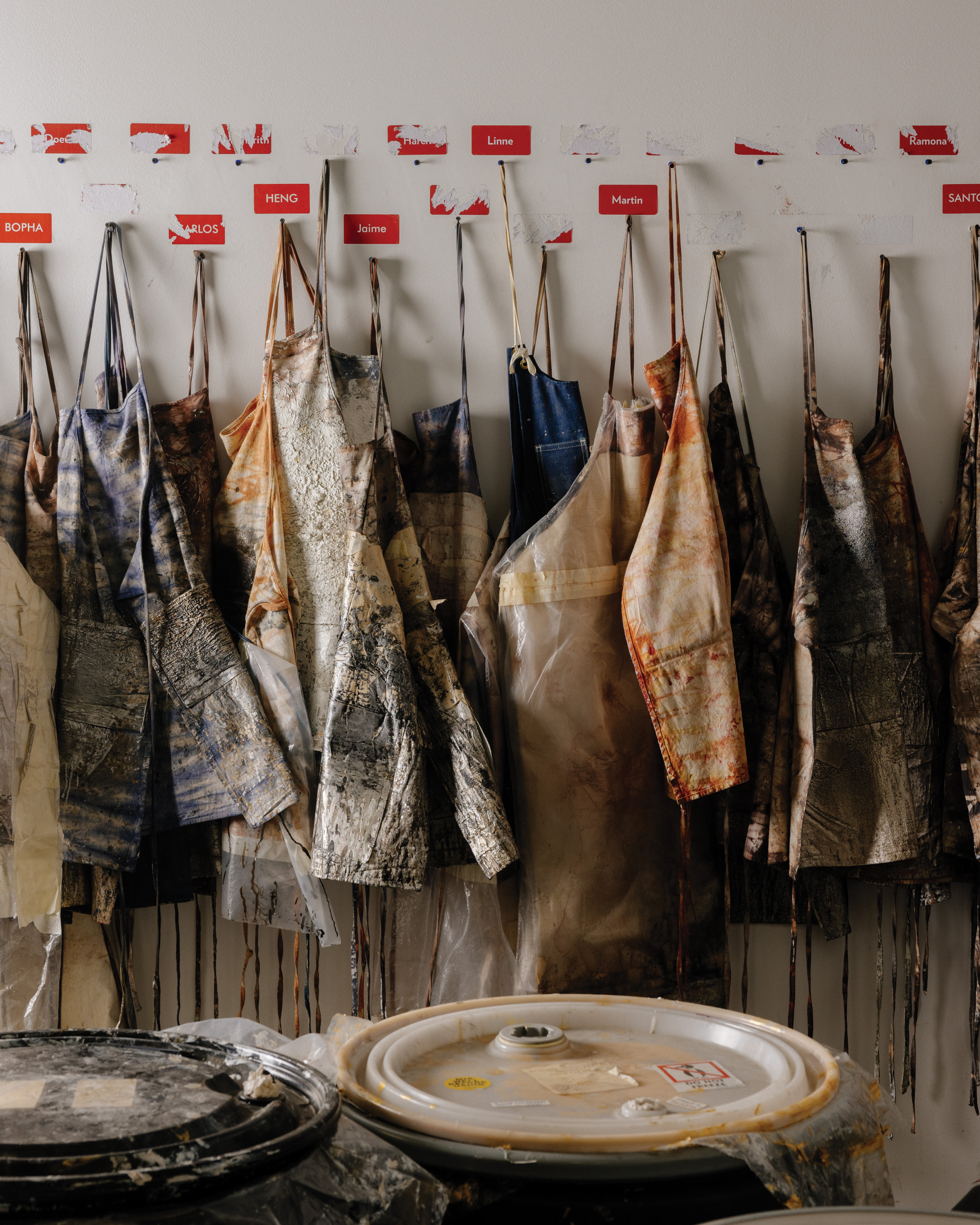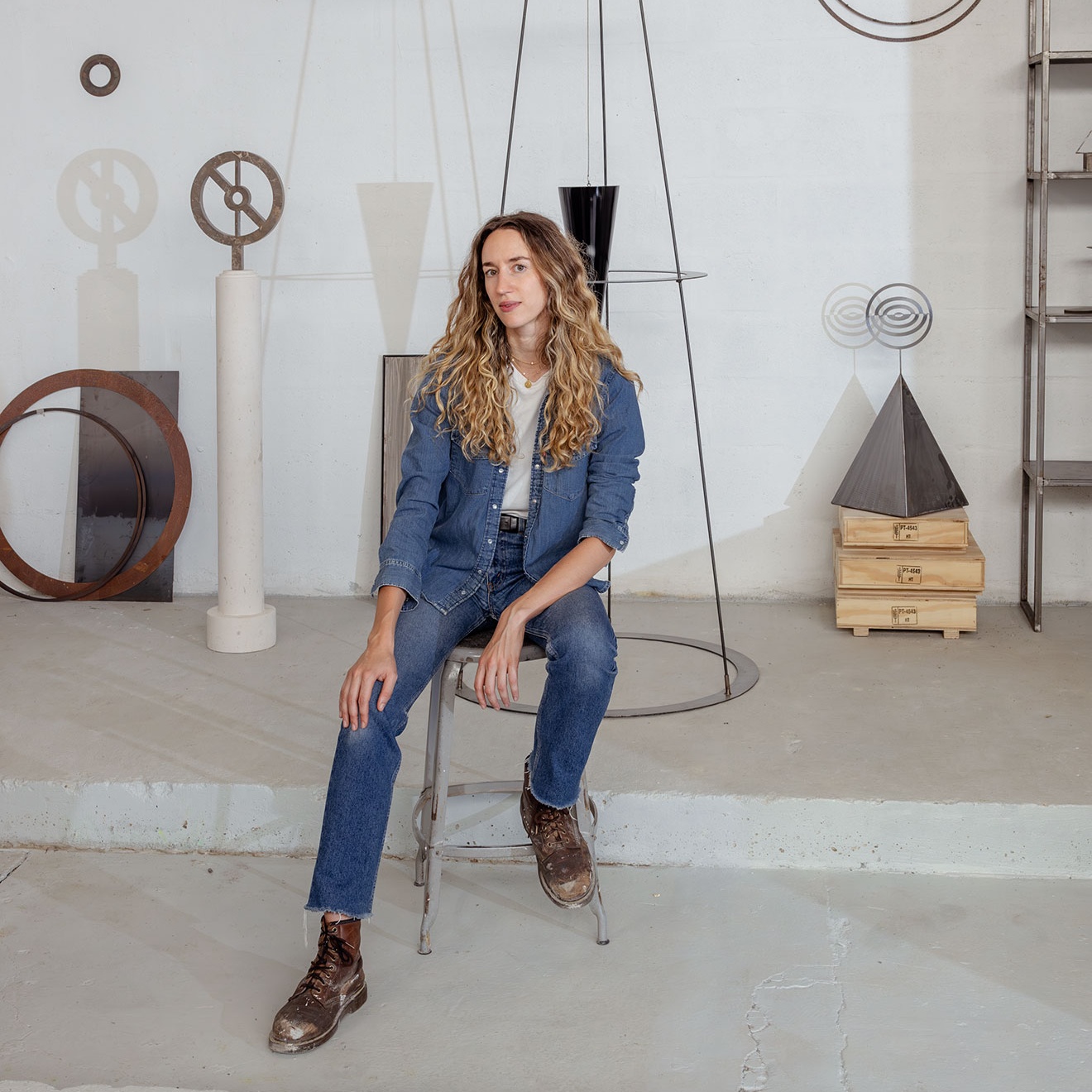Eleven years out of college and Tyler Russell McCusker is still thinking about that one study. As his memory serves, it went like this: Researchers put people in front of TVs and gradually reduced the quality of the image they were watching until they were so frustrated with the fuzziness they changed the channel. Then, they did the same with another group, but instead reduced the quality of sound. The researchers found that folks would change the channel way faster with poor audio than with poor visuals. Or, as Tyler puts it: “They tolerated the crappy visual, but they didn’t tolerate the crappy audio at all.”
I couldn’t find this exact study Tyler described, but this finding has been corroborated over and over again in academia. Despite the hundreds of millions of dollars poured into CGI blockbusters, good audio is just as (if not more) important than good visuals in storytelling. Humans are visual creatures, sure. But we’re aural ones, too.
It’s no surprise then that high-quality audio comes “first and foremost” for Tyler’s broadcasting platform, Snippet FM. In fact, low audio quality in podcasting is one of the reasons Tyler founded this Irvine, California–based company in the first place. After 15 years in radio broadcasting, Tyler had developed an acute ear for quality audio and felt most podcasts weren’t cutting it in terms of quality—neither in sound nor content.
“I felt that they were really amateurish,” he says candidly. “I felt that the hosts didn’t really know what they were doing. I certainly felt they were too long.” You know that personal chit-chat thing podcasters do before getting into the meat of the show? For you, that might be the whole appeal of podcasts: a meandering, casual kind of conversation. But that unregulated blabber drove Tyler up a wall.
So Tyler wanted to step in and show them how it’s done.
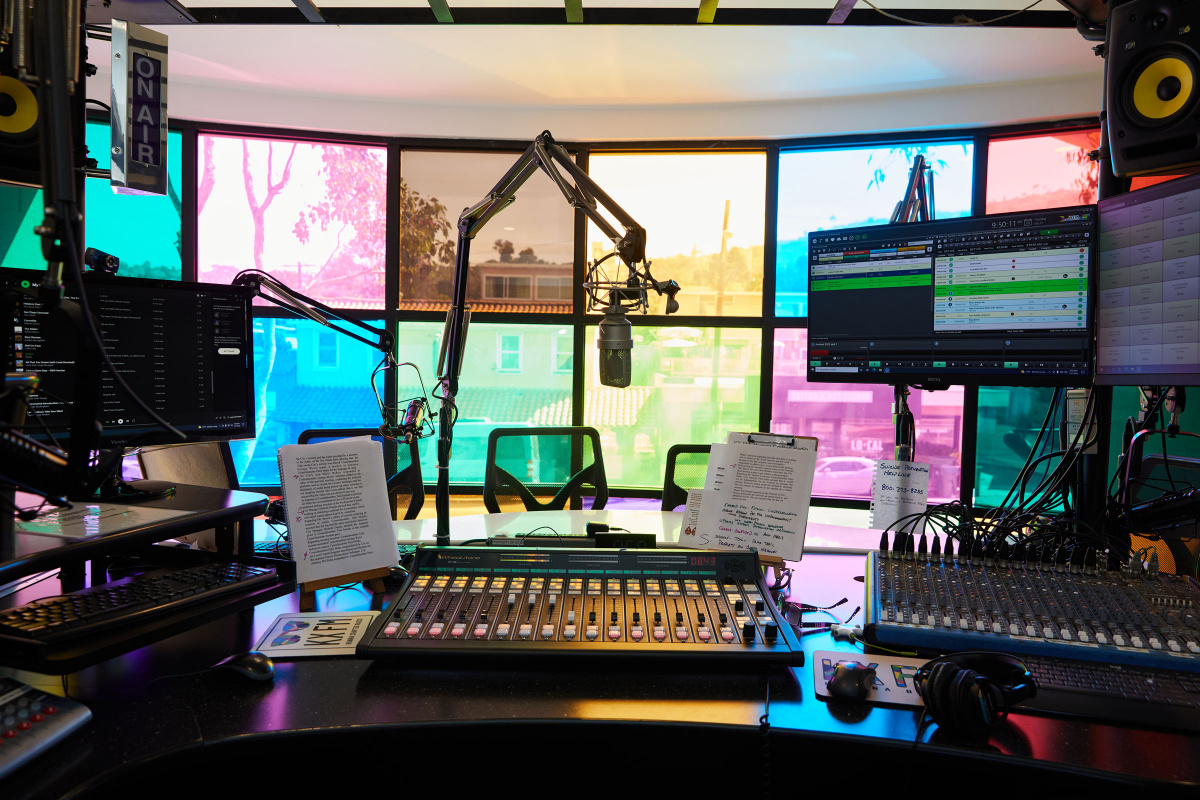
Photo by Ye Rin Mok
That perceived lack of discipline in podcasting led Tyler to the whole concept of Snippet FM: a podcast network that strictly produces episodes less than 20 minutes long. Little snack-packs of episodes. Tyler, who’s an executive producer on every Snippet show, insists the limited time sacrifices neither quality nor content. “If you take a 40-minute show versus a 20-minute one, the 40-minute one will almost always just include superfluous stuff,” he says. The goal of every Snippet show is to trim the fat and get right to the meat of the episode, to provide the same amount of information in a shorter amount of time. Its website touts their product as “podcasts for busy people (like us).”
Snippet FM launched in January 2021, so it’s still in those scrappy, nascent days of early start-updom. Content-wise, the current slate casts a wide net. The Closet Space features LGBTQ+ folks discussing their coming out experiences; Check Your Privilege unpacks various identities from an intersectional perspective; The Conundrum of Cora Bay, the platform’s only scripted drama, takes place in a fictional town in 1940s Northern California. At the time we spoke, Snippet had wrapped its first seasons and were in pre-production for forthcoming shows. Tyler says this first batch of shows “lacked a little bit of focus”—again, scrappy nascent days. But they’re settling on a through line for their content: taking the listener to a different culture, place. or time. Or, in Tyler’s words: “I just want it to be niche.”
- Photo by Ye Rin Mok
- Light and color floods the studio. Photo by Ye Rin Mok
Tyler is a rare millennial who’s stayed in the same field for his whole adult working life. After self-described failed attempts to make it as a child actor—flying back and forth from his hometown, Tucson, to LA for auditions as a kid—he wanted to put his well-honed entertainment chops to good use. At 17 he snagged an internship at his local station in Tucson. He worked at his college radio station while studying multimedia journalism before landing his first bona fide on-air gig at 93.7 KCLB Rocks in Palm Springs. At just 23 he launched KX FM in Orange County, a nonprofit, low-power FM station with a 100-Watt antenna. Tyler spent nearly a decade there, only leaving in 2021 to veer into podcasting with Snippet FM.
Tyler works with just two other full-time employees from a small office and studio in Irvine (though, at the time we spoke, he was working from home with a two-week-old baby). In Irvine the company has a WhisperRoom—a soundproof studio no larger than a phone booth. For larger group recordings they’ll head over to Tyler’s old studio at KX FM in Newport Beach. As Tyler says, the WhisperRoom is even “more dead” (free from ambient noise) than the KX FM station, making it perfect for intimate recordings. For their primary studio mic, Snippet uses the Neumann BCM 705, a classic American broadcast mic designed to transmit closeness and emotion.
- Photo by Ye Rin Mok
- For their primary studio mic, Snippet uses the Neumann BCM 705. Photo by Ye Rin Mok
Creating intimacy is crucial to compelling audio media, says Tyler. That’s the component that really drew him to the format way back in his teenage internship days. “There’s a connectability that only audio can give,” he says, and adds that he’s always been drawn to the challenge of it. He cites his old mentor, DJ Bobby Rich, as a master of creating intimacy with just his vocal cords. “You only have your voice, and you only have a few sounds you can make. So you have the words you use, what you’re talking about, how you’re portraying that messaging. It just takes a lot more careful consideration.” Watching Bobby work, Tyler became hooked on the challenge and payoff of audio mastery. The payoff being Bobby’s legions of “rabid” fans, even in the 21st century.
Sure, it’s easier to forge audience connection with a visual component than without. But if you can pull it off, audio holds potential for far more closeness and intimacy than other media can. Think about it: Have you ever listened to a radio show or podcast and felt like the host was speaking directly to you? What about with TV?
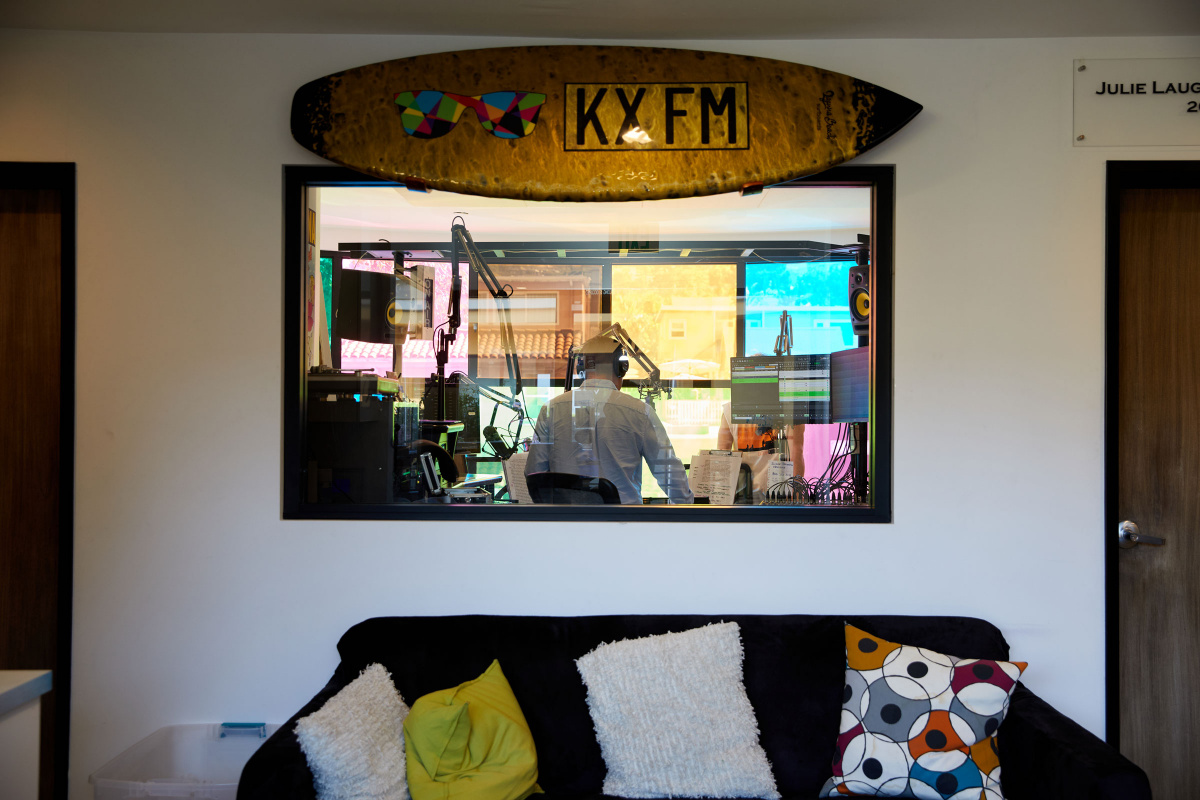
Sometimes Snippet records at KX FM, the nonprofit radio station Tyler launched more than a decade ago. Photo by Ye Rin Mok
It’s easy to feel like we’re friends with our podcasters. Speaking directly into our ears, disembodied podcast hosts can feel like they’re inside our brains. Some might argue the casual, unscripted conversation forges that emotional bond. We can feel like we’re in their living rooms, on their Zoom calls, in on their inside jokes. Indeed, sitting in on loose chit-chat might even be a shortcut to emotional connection. In that context, Tyler’s mission with Snippet—to trim the podcast fat while retaining intimacy in podcasting—is quite an ambitious one. But to Tyler the key to Snippet’s success lies largely in the quality of sound.
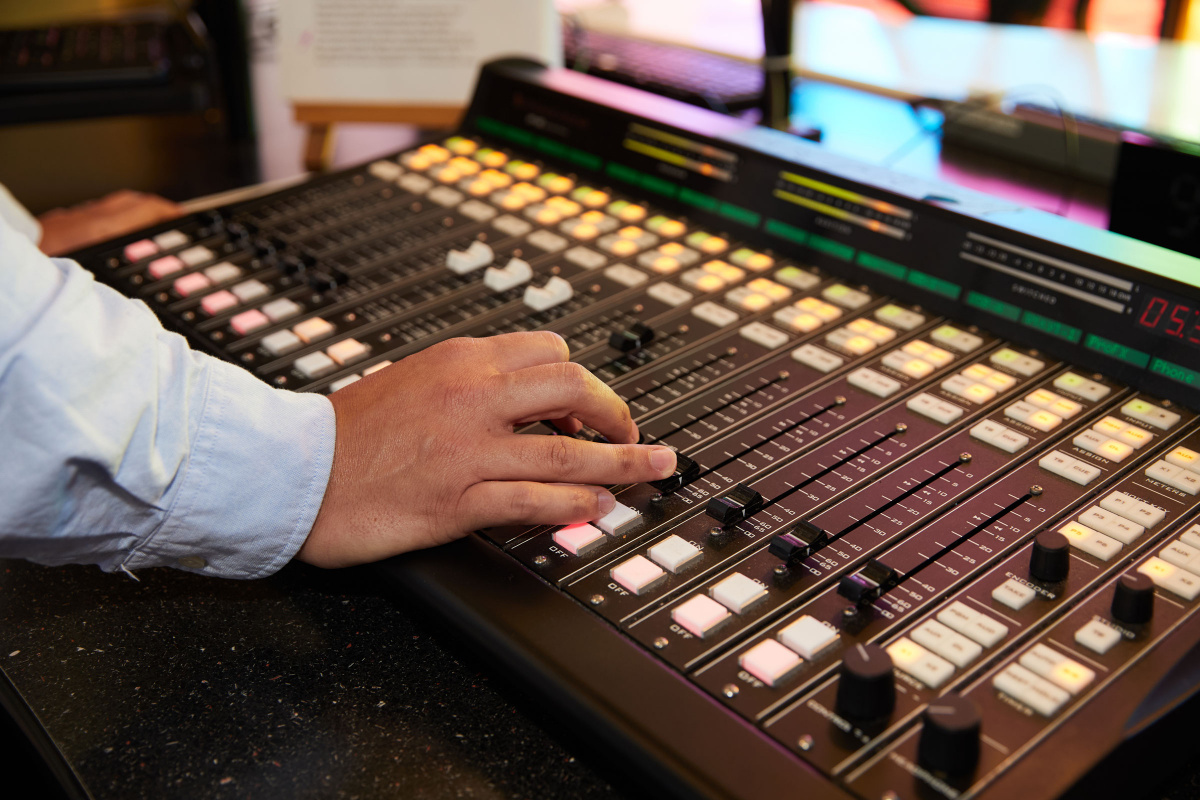
Photo by Ye Rin Mok
While Tyler, with his 15 years in broadcast radio, can tell exactly how and where a recording was made, he knows well the average listener cannot. But that doesn’t matter. Emotional connection happens on a visceral, subconscious level.
“Listeners find themselves more engrossed or more captivated by perfectly recorded sound,” Tyler explains, self-assured as ever, “because it almost goes through your whole body in a different way than something echoey.” Or, in other words: Our bodies don’t tolerate crappy audio.
